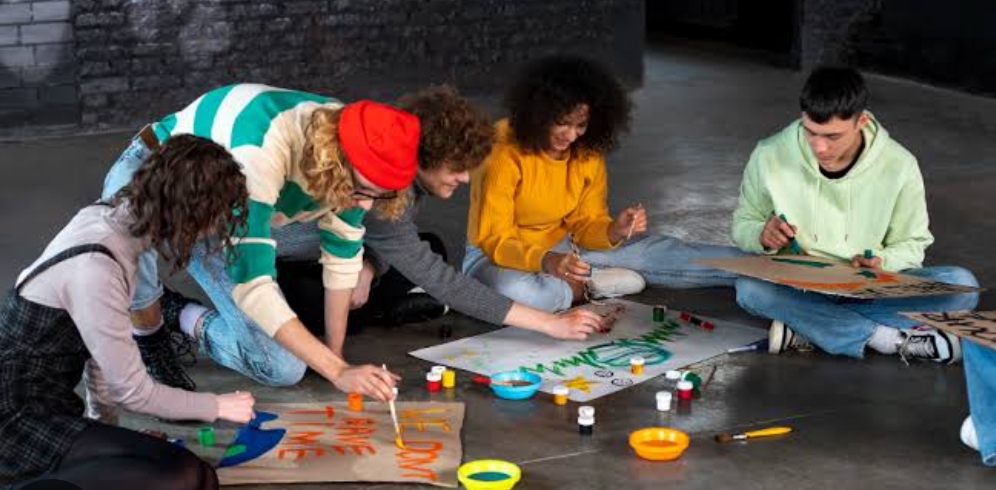
In today’s competitive world, education is not just about academic achievement. It’s about shaping well-rounded individuals who can thrive in various aspects of life. Extracurricular activities play a vital role in achieving this. These activities go beyond the classroom, offering students opportunities to explore their interests, build essential skills, and develop a stronger sense of self.
What Are Extracurricular Activities?
Extracurricular activities include any school-based or community-based programs that students participate in, outside of regular academic classes. Examples include:
Sports teams
Music, drama, or art clubs
Debate and speech societies
Volunteering opportunities
STEM clubs
Leadership programs like student councils
These activities allow students to dive into their passions and explore areas they might not encounter during their academic pursuits.
The Benefits of Extracurricular Activities
Enhancing Social Skills
Extracurricular activities foster teamwork and collaboration. Students learn how to work with others, resolve conflicts, and build lasting relationships. These social skills are crucial in both personal and professional life.
Building Leadership Qualities
Activities like student councils or organizing events help students take initiative, delegate tasks, and lead effectively. These experiences build confidence and prepare them for leadership roles in the future.
Improving Academic Performance
Studies show that students involved in extracurricular activities often perform better academically. The skills they acquire, such as time management and discipline, positively impact their studies.
Boosting Emotional Well-being
Engaging in activities that students love reduces stress and anxiety. It creates a healthy balance between work and play, helping them develop a positive mindset.
Career Preparation
Extracurricular activities provide hands-on experience in various fields. For instance, a student interested in media can gain valuable insights by joining the school’s journalism club.
How Extracurricular Activities Shape Character
Participation in extracurricular activities helps build resilience. Students learn to handle setbacks, whether it’s losing a game or not getting the lead role in a play. They also develop a sense of responsibility and accountability by committing to their teams or groups.
How Schools and Parents Can Support
Schools should provide diverse extracurricular options to cater to various interests. Schools can also host extracurricular fairs to encourage participation. Parents can support by understanding their child’s interests and encouraging them to explore. Avoid pushing children into activities they’re not passionate about.
Examples from Real Life
Take Tobi, a high school student in Nigeria. He joined his school’s coding club and quickly discovered his passion for programming. This led him to create a mobile app for his community and secure a scholarship in computer science. Or consider Ada, who was shy and reserved until she joined the drama club. Through acting, she found her voice, developed confidence, and became a top-performing student in her school debates.
Getting Involved: Tips for Students
Choose activities that align with your interests.Start small if you’re unsure – attend a few meetings before committing. Balance your schedule to avoid over commitment. Seek mentorship from seniors or advisors.
Final Thoughts
Extracurricular activities are not just “extra”, they are essential for holistic student development. They offer students a platform to discover themselves, build essential life skills, and prepare for the future. By participating, students can create memories, build networks, and set the foundation for a brighter tomorrow.








